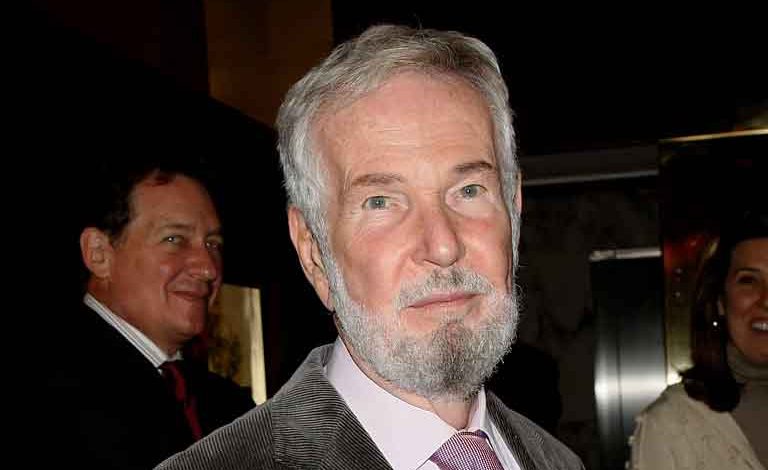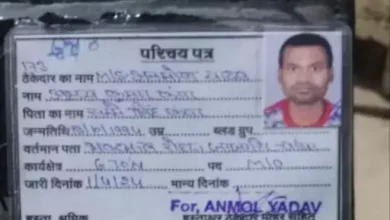Oscar-winning director Robert Benton dies at 92

NEW YORK: Robert Benton, the Oscar-winning filmmaker who helped reset the rules in Hollywood as the co-creator of “Bonnie and Clyde,” and later received mainstream validation as the writer-director of “Kramer vs. Kramer” and “Places in the Heart,” has died at age 92.
Benton’s son, John Benton, said that he died Sunday at his home in Manhattan of “natural causes.”
During a 40-year screen career, the Texas native received six Oscar nominations and won three times: for writing and directing “Kramer vs. Kramer” and for writing “Places in the Heart.”
He was widely appreciated by actors as attentive and trusting, and directed Oscar-winning performances by Dustin Hoffman, Meryl Streep and Sally Field. Although severe dyslexia left him unable to read more than a few pages at a time as a child, he wrote and directed film adaptations of novels by Philip Roth, E.L. Doctorow and Richard Russo, among others.
Benton was an art director for Esquire magazine in the early 1960s when a love for French New Wave movies and old gangster stories (and news that a friend got $25,000 for a Doris Day screenplay) inspired him and Esquire editor David Newman to draft a treatment about the lives of Depression-era robbers Clyde Barrow and Bonnie Parker, imagining them as prototypes for 1960s rebels.
Their project took years to complete as Francois Truffaut and Jean-Luc Godard were among the directors who turned them down before Warren Beatty agreed to produce and star in the movie. “Bonnie and Clyde,” directed by Arthur Penn and starring Beatty and Faye Dunaway, overcame initial critical resistance in 1967 to the film’s shocking violence and became one of the touchstones of 1960s culture and the start of a more open and creative era in Hollywood.
The original story by Benton and Newman was even more daring: they had made Clyde Barrow bisexual and involved in a 3-way relationship with Bonnie and their male getaway driver. Beatty and Penn both resisted, and Barrow instead was portrayed as impotent, with an uncredited Robert Towne making numerous other changes to the script. “I honestly don’t know who the ‘auteur’ of ‘Bonnie and Clyde’ was,” Benton later told Mark Harris, author of “Pictures at a Revolution,” a book about “Bonnie and Clyde” and four other movies from 1967.





